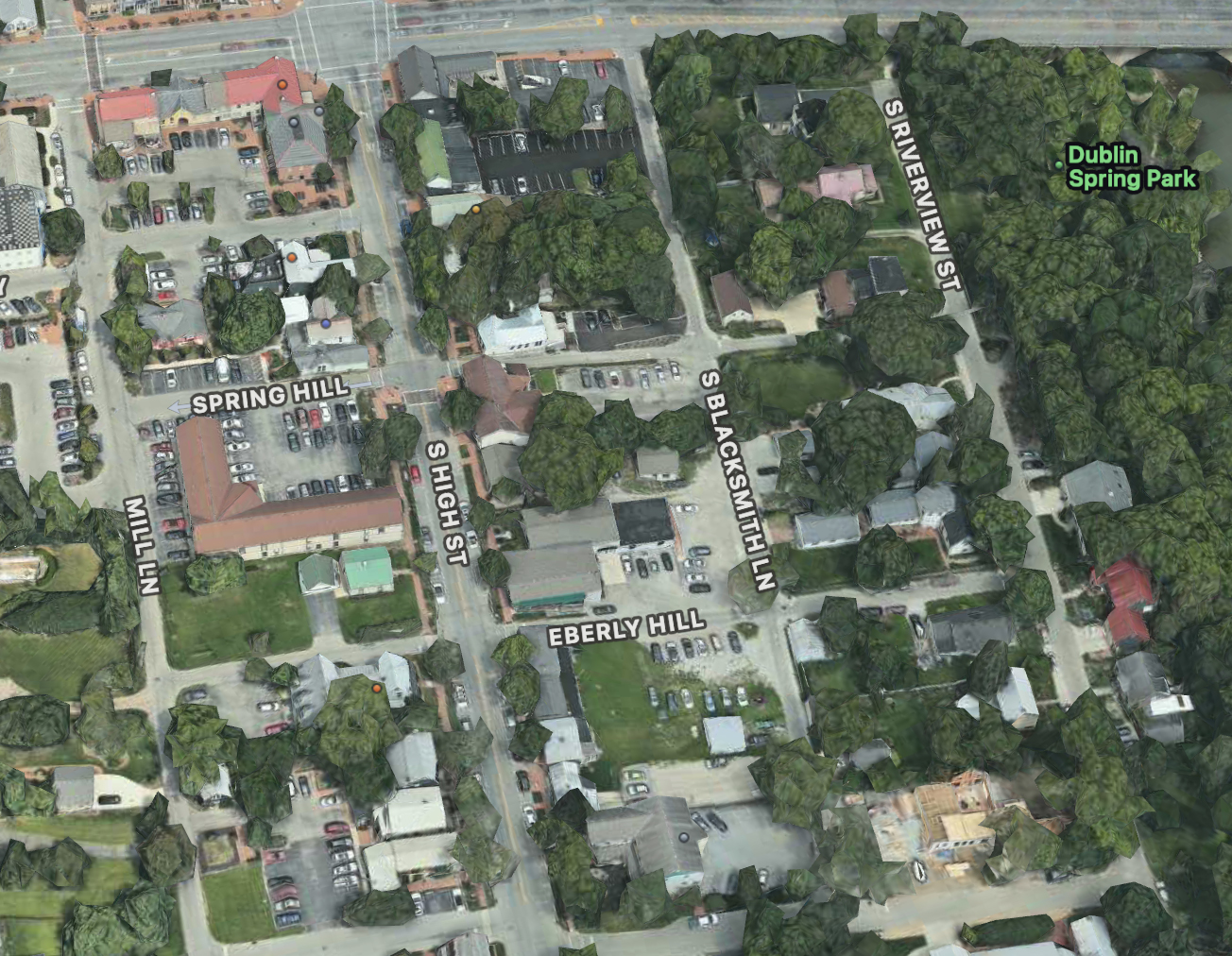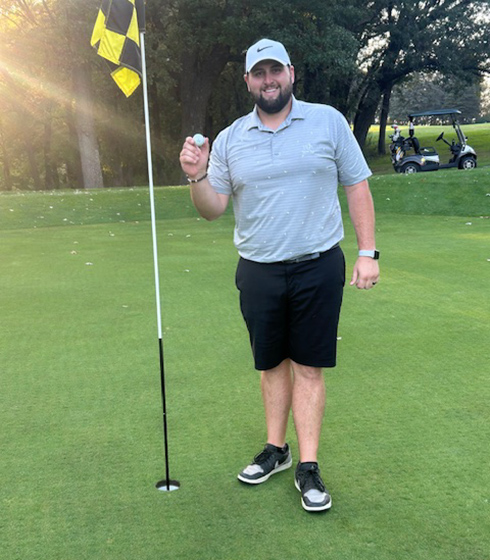Report on Critical Water Infrastructure Maintenance in the Greater Dublin Area
A report has been issued concerning essential repair works on a primary drinking water pipeline in the greater Dublin area, scheduled for the August Bank Holiday weekend. The operation, managed by Uisce Éireann, is a critical preventative measure to avert a potential large-scale pipeline failure that could impact 1.7 million residents and require weeks to rectify. The project underscores a significant commitment to resilient infrastructure and the United Nations’ Sustainable Development Goals (SDGs).
Alignment with Sustainable Development Goals (SDGs)
SDG 6: Clean Water and Sanitation
This initiative directly addresses the core targets of SDG 6 by ensuring the continued availability and sustainable management of water and sanitation for all.
- Ensuring Access: The primary objective is to secure the water supply for a major metropolitan area, preventing a crisis that would compromise access to safe and affordable drinking water.
- Infrastructure Integrity: By repairing five leaks and replacing a damaged 35-metre section, the project invests in the long-term health and efficiency of the water infrastructure.
- Sustainable Management: The proactive nature of the repair prevents resource loss through leakage and ensures the sustainable operation of the water supply system connecting the Ballymore Eustace Water Treatment Plant to the Saggart Reservoir.
SDG 11: Sustainable Cities and Communities
The repair work is fundamental to making the greater Dublin area more inclusive, safe, resilient, and sustainable.
- Resilient Infrastructure: This operation, the largest of its kind in the region’s history, enhances the resilience of essential urban services, protecting the community from the severe disruption of a major infrastructure failure.
- Disaster Risk Reduction: By undertaking complex, planned maintenance, authorities are actively reducing the risk of a water-related disaster that would have significant social and economic consequences for the city and surrounding counties.
SDG 12: Responsible Consumption and Production
A major component of the operational plan is a public appeal for responsible water consumption, directly aligning with SDG 12.
- Promoting Sustainable Consumption: Uisce Éireann has issued a formal request for customers in Dublin, Kildare, and Wicklow to conserve water, fostering public awareness and encouraging sustainable consumption patterns.
- Demand Management: The public is advised to postpone non-essential water use to help maintain supply levels in reservoirs, particularly for vulnerable users such as hospitals and care homes, demonstrating responsible management of a shared resource during a critical period.
Project Scope and Operational Details
Nature of the Works
The operation involves a complex and coordinated effort to address existing vulnerabilities in the watermain that supplies one-third of the greater Dublin area.
- Fixing five distinct leaks within the pipeline.
- Replacing a critically damaged 35-metre section of the watermain.
- Executing a temporary shutdown and draining of the pipeline to facilitate the repairs.
Timeline and Constraints
The project has been meticulously planned over nine months to minimize public impact.
- Execution Window: The works are scheduled for the August Bank Holiday weekend.
- Critical Time Limit: The pipeline can only be shut down for a maximum of 28 hours before storage levels in reservoirs become critically low.
- Operational Plan: Specialist crews will work continuously through day and night to complete the repairs within the tight deadline.
Impact Assessment and Mitigation Measures
Areas with Confirmed Supply Disruption
A total of 943 customers in specific localities will experience a guaranteed interruption to their drinking water supply.
- Kill
- Arthurstown
- Rathmore
- Athgoe
- Tipperkevin
Mitigation: Uisce Éireann has confirmed that alternative water supplies will be provided for the duration of the disruption in these areas.
Areas with Potential Supply Disruption
A wider population is at risk of intermittent supply issues due to the scale of the operation.
- Greater Dublin Area
- Parts of County Wicklow
- Parts of County Kildare
Potential Impacts: Customers in these areas may experience low water pressure, discoloured water, or temporary water outages.
Public Conservation Mandate
To mitigate the risk of widespread outages, a public appeal to conserve water is in effect. All customers are requested to postpone non-essential water usage, including:
- Car washing
- Power hosing of outdoor areas
- Filling of baths or paddling pools
- Any other non-vital water use
Uisce Éireann will monitor the repair progress and provide public updates regarding any prolonged impacts. Information regarding post-repair issues, such as airlocks or cloudy water, is available on the utility’s official website.
Relevant Sustainable Development Goals (SDGs)
SDG 6: Clean Water and Sanitation
- The entire article focuses on the management of drinking water infrastructure. The core issue is the repair of a “major drinking water pipeline” to ensure a continuous and safe supply for a large population. This directly aligns with the goal of ensuring the availability and sustainable management of water for all.
SDG 11: Sustainable Cities and Communities
- The repair work is critical for the resilience of the “greater Dublin area,” a major urban settlement. The article highlights the importance of maintaining essential infrastructure to prevent a crisis that could “impact 1.7 million people.” This relates to making cities inclusive, safe, resilient, and sustainable.
SDG 3: Good Health and Well-being
- Access to clean water is a fundamental determinant of public health. The article implicitly connects to this goal by mentioning the need to maintain supply for “vulnerable and high-risk users including hospitals and care homes,” whose operations are critical for community health and well-being.
SDG 12: Responsible Consumption and Production
- The public appeal from Uisce Éireann for customers to “conserve water” and “only use water for essential needs” directly addresses sustainable consumption patterns. This encourages the efficient use of a natural resource (water) to manage a period of limited supply.
Specific SDG Targets
SDG 6: Clean Water and Sanitation
- Target 6.1: By 2030, achieve universal and equitable access to safe and affordable drinking water for all.
- The article details an operation to maintain the water supply for 1.7 million people. It also addresses the need for equity by planning for “alternative water supplies” for the 943 customers who will definitely face disruptions, ensuring they still have access to water.
- Target 6.4: By 2030, substantially increase water-use efficiency across all sectors and ensure sustainable withdrawals and supply of freshwater.
- The “major appeal to customers in Dublin, Kildare and Wicklow to conserve water” is a direct action to increase water-use efficiency at the household level to ensure the sustainability of the supply during the critical repair period.
SDG 11: Sustainable Cities and Communities
- Target 11.5: By 2030, significantly reduce the number of deaths and the number of people affected… by disasters, including water-related disasters.
- The work is described as a preventative measure “to prevent a major pipe-burst that could take weeks to repair.” Such a failure would constitute a water-related disaster for the city. The proactive repair is a form of disaster risk reduction aimed at protecting the population.
Implied Indicators for Measurement
Indicators for SDG 6 Targets
- Population with access to safely managed drinking water (Target 6.1): The article provides a baseline number of people served by the pipeline (potentially impacting 1.7 million) and a specific number of customers who will experience disruptions (943). The success of providing “alternative water supplies” can be measured.
- Change in water-use efficiency (Target 6.4): The effectiveness of the appeal to “conserve water” could be measured by monitoring the water levels in the reservoirs and the overall consumption rates in the greater Dublin area during the bank holiday weekend. A lower-than-usual consumption rate would indicate an increase in temporary water-use efficiency.
Indicators for SDG 11 Targets
- Number of people affected by disasters (Target 11.5): The primary indicator of success for this preventative action is keeping the number of people affected by a major pipeline failure at zero. The article states the potential impact is 1.7 million people. The number of people experiencing temporary, managed disruptions (943) serves as an indicator for the impact of the preventative measures themselves.
Summary of Findings
| SDGs | Targets | Indicators |
|---|---|---|
| SDG 6: Clean Water and Sanitation | 6.1: Achieve universal and equitable access to safe and affordable drinking water for all.
6.4: Substantially increase water-use efficiency and ensure sustainable supply. |
– Number of people with continued access to drinking water (out of 1.7 million). – Number of customers provided with “alternative water supplies” (943 affected). – Reduction in water consumption in response to the appeal to “conserve water”. |
| SDG 11: Sustainable Cities and Communities | 11.5: Significantly reduce the number of people affected by water-related disasters. | – Number of people protected from a potential “major pipe-burst” (1.7 million). – Number of people affected by the planned, preventative disruption (943). |
| SDG 3: Good Health and Well-being | 3.d: Strengthen capacity for early warning, risk reduction and management of national health risks. | – Continuity of water supply for “vulnerable and high-risk users including hospitals and care homes”. |
| SDG 12: Responsible Consumption and Production | 12.2: Achieve the sustainable management and efficient use of natural resources. | – Level of public adherence to the request to “only use water for essential needs”. |
Source: rte.ie







